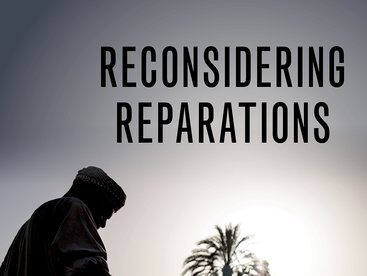
Development for Some, Disaster for Others: The Case for Reparations
Central to Táíwò’s case for reparations is the idea of inertia. This is a useful message for economists, particularly of the mainstream bent, to hear. Without significant changes in the social provisioning processes, wealth and advantage, along with poverty and disadvantage, will continue to accumulate. No marginal change in a tax code or behavioral nudge will induce the radical change that is necessary for those accumulations to reverse course. Instead, we must be guided by a “worldmaking” philosophy, one that seeks to build a just world on a global scale.







